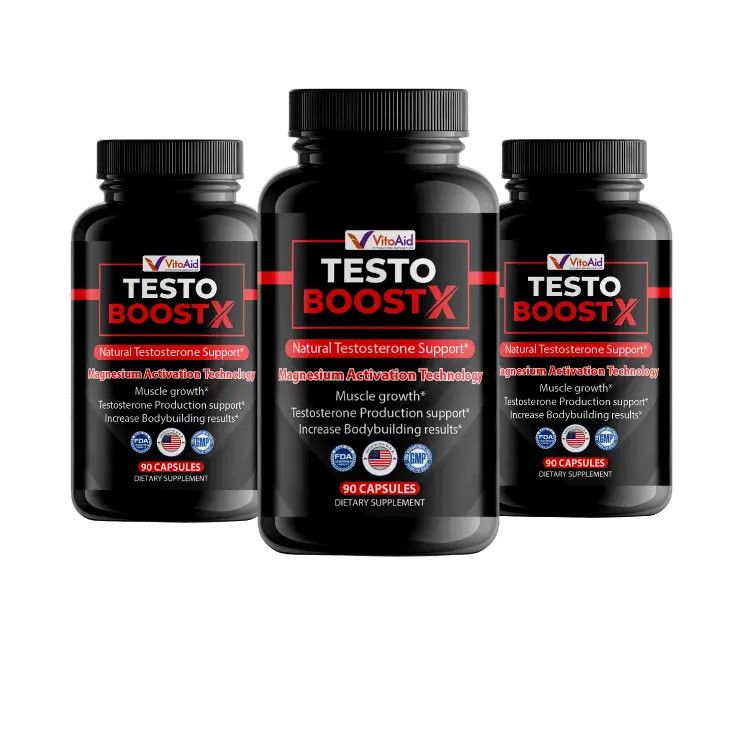Boosting Testosterone Naturally: A Comprehensive Guide to Enhancing Your Health
Introduction: Testosterone plays a critical role in a person’s overall health, affecting everything from body composition to sexual function. As people age, testosterone levels naturally decline, which can lead to unfavorable changes in the body. Thankfully, there are natural ways to maintain and potentially increase testosterone levels, promoting better health and well-being. In this blog post, you will learn about lifestyle changes and everyday habits that can help boost testosterone levels naturally.
Getting Enough Sleep
Importance of Sleep in Testosterone Production
Lack of adequate sleep can severely impact hormone production, including testosterone. A study from the University of Chicago found that insufficient sleep in men led to reduced testosterone levels—by up to 15 percent—after just one week. This was significantly higher than the typical yearly decline due to aging, which is about one to two percent. Prioritizing quality sleep can, therefore, support hormone balance and maintain healthy testosterone levels.
Recommendations for Better Sleep
To promote better sleep quality, individuals should aim for seven to eight hours of sleep each night. Establishing a regular sleep schedule, creating a restful environment, and reducing screen time before bed are effective strategies. If sleep problems persist, consulting a healthcare provider is advisable.
Maintaining a Balanced Diet
The Role of Nutrition in Hormone Balance
A balanced diet is crucial for maintaining testosterone levels and overall health. An imbalance in diet, particularly overeating or engaging in fad diets, can disrupt hormone levels. According to research, low testosterone and increased body fat elevate the risk of inflammatory conditions. Emphasizing whole foods rich in healthy fats, proteins, and carbohydrates can help maintain hormone balance.
Dietary Guidelines to Support Testosterone Levels
Focusing on nutrient-dense foods, such as fruits, vegetables, lean proteins, and whole grains, is beneficial for hormone regulation. Including foods rich in zinc and vitamin D—known for their roles in testosterone production—can further optimize levels.
Maintaining a Healthy Weight
Impact of Obesity on Testosterone Levels
Research highlights a strong correlation between obesity and reduced testosterone. Men with higher body fat levels tend to have lower testosterone compared to their leaner counterparts. Weight management is thus an essential component in maintaining healthy testosterone levels.
Strategies to Achieve a Healthy Weight
Incorporating regular physical activity and adopting a balanced diet are vital strategies for weight management. Resistance training and high-intensity interval training (HIIT) are particularly effective in boosting testosterone and supporting fat loss.
Conclusion
Summary of Key Points
In summary, boosting testosterone levels naturally involves a holistic approach encompassing sleep quality, balanced nutrition, and maintaining a healthy weight. These lifestyle adjustments not only support healthy testosterone levels but also improve overall health and well-being.
Call to Action
If you found this guide helpful, consider sharing it with others who may benefit from it. Subscribe to our newsletter for more health-related tips and leave a comment with your thoughts or experiences on this topic!






